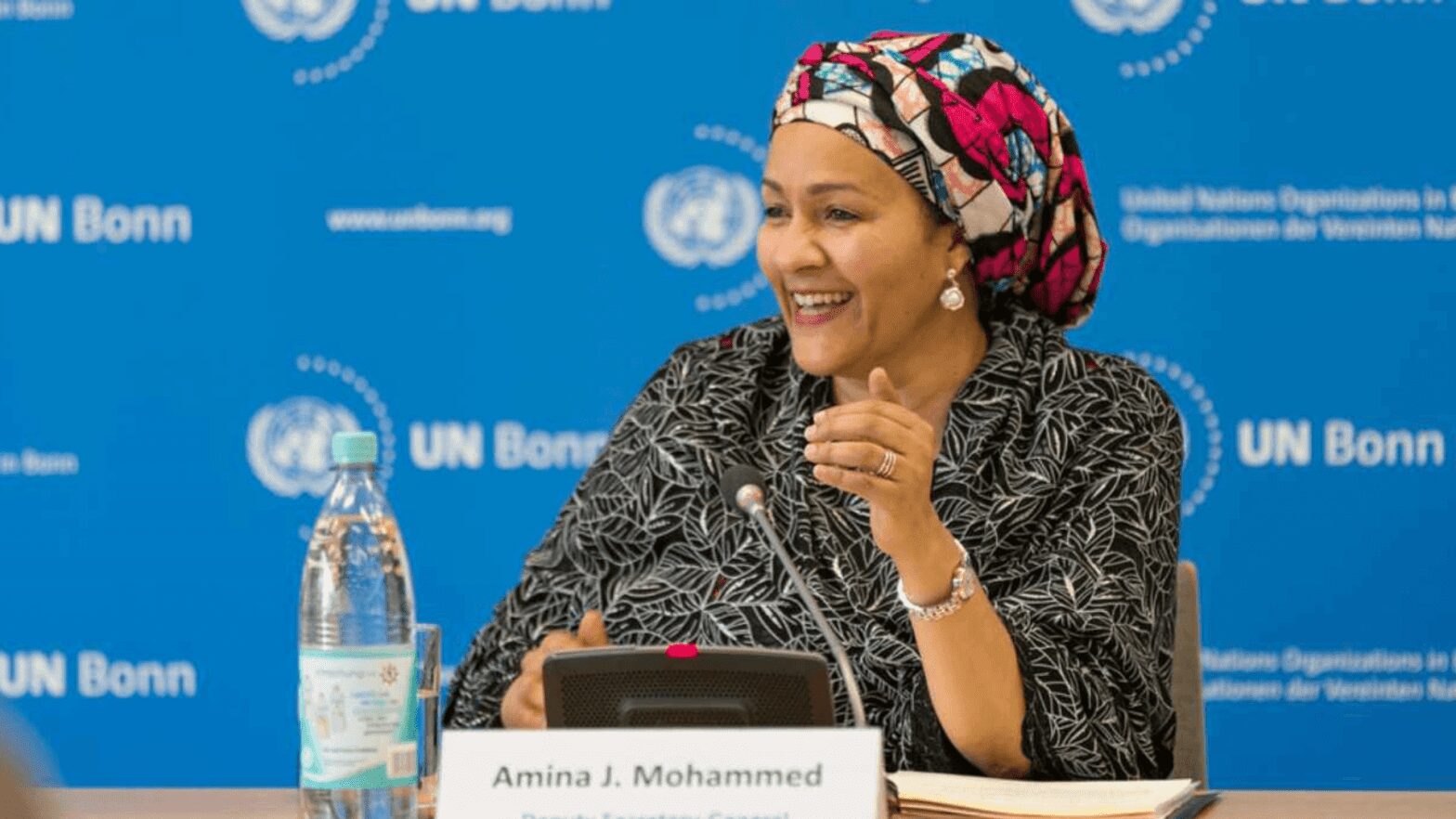At a joint hearing of the Ministry of Mines and Energy and the Federal Chamber's Mines and Energy and Energy Transition Committees, Brazil reinforced its leading position in the global energy scenario by presenting an innovative methodology for analyzing the life cycle of fuels. This comprehensive approach, which covers everything from origin to end use, represents a significant step towards the successful implementation of RenovaBio. The focus of the analysis is the carbon intensity and environmental energy efficiency of each plant producing biofuels.
Linked to both RenovaBio and the Future Fuel Program Bill, this model aims to not only analyze the environmental impact, but also calculate carbon emissions throughout the entire production chain. During the presentation, the importance of this methodology for issuing decarbonization credits (CBIOs) was highlighted, which are equivalent to one ton of carbon avoided in the atmosphere for each CBIO emitted.
Future Fuel Program Bill
Bill 4516/23, known as Fuel of the Future, presents innovative measures to boost the use of sustainable fuels in the Brazilian transport sector. Divided into six axes, the project stands out for the creation of the National Sustainable Aviation Fuel Program (ProBioQAV). This program aims to reduce greenhouse gas emissions by airlines, setting ambitious reduction targets, reaching 10% by 2037, through the progressive increase in the mix of sustainable fuels.
The Project also establishes the National Green Diesel Program (PNDV), which proposes annual targets for mandatory minimum participation of green diesel in fossil diesel until 2037. This renewable fuel, derived from vegetable oils and animal fats, emerges as an environmentally responsible alternative. Furthermore, the text legalizes and regulates the capture and storage of carbon dioxide (CO2), entrusting the National Agency for Petroleum, Natural Gas and Biofuels (ANP) with the role of authorizing and regulating this crucial activity for reducing emissions.
The project also covers the regulation of the production and distribution of synthetic fuels (e-Fuel) by the ANP, offering a laboratory-derived alternative with properties similar to traditional fuels. Additionally, the proposed changes to the limits for blending anhydrous ethanol into gasoline, ranging from 22% to 30%, aim to balance technical efficiency with environmental viability.
Furthermore, PL 4516/23 stands out for integrating decarbonization commitments into national policies, aligning with the National Biofuels Policy, the Rota 2030 Program – Mobility and Logistics, and the Brazilian Labeling Program. Brazil, by advancing this project, reinforces its commitment to leading the transition to a more sustainable and eco-efficient transport sector.
Brazilian Protagonism
Brazil, recognized by the UN as a leader in energy transition, reiterated its position during the hearing, where it presented the results of its leadership at the 2021 High-Level Energy Dialogue, when the country gained international recognition by launching two fundamental government pacts. The first, focused on biofuels, highlights Brazil's commitment to promoting renewable and environmentally friendly energy sources. This pact not only reinforces Brazil's position as a leader in the biofuels sector, but also highlights its active search for sustainable alternatives to reduce carbon emissions. The second pact, aimed at hydrogen, reinforces Brazil's comprehensive vision for the diversification of the energy matrix. By investing in green and sustainable hydrogen technologies, the country demonstrates its commitment to exploring innovative solutions with low environmental impact. These two pacts reflect Brazil's unequivocal commitment to sustainable solutions, aligned with the objectives of sustainable development. By embracing the diversity of clean energy sources, the country not only reinforces its leadership in promoting greener practices, but also inspires other nations to follow a similar path towards a more sustainable and resilient energy future.
The RenovaCalc tool, another important initiative mentioned in the presentation, was highlighted as crucial for comparing the environmental footprint of biofuels with their fossil counterparts. RenovaCalc, structured to account for the carbon intensity of biofuels compared to fossil fuels, uses Life Cycle Assessment (LCA). Each unit participating in the program must fill in the calculator with its technical parameters, from crop production to the conversion of biomass into biofuel. Feeding RenovaCalc is a detailed technical process, where agro-industrial units provide data that is rigorously inspected by firms accredited by the ANP. This tool, made up of Excel® spreadsheets, is adapted for different types of biofuels, ensuring accuracy in the assessment and certification within the scope of RenovaBio.
RenovaBio, by offering decarbonization credits (CBIOs) as an incentive for sugarcane producers and mills, highlights the importance of RenovaCalc. This calculator is essential for measuring environmental impacts and carbon intensity, and is essential for those seeking to prove their sustainable practices and acquire CBIOs.
By considering the agricultural, industrial, distribution and use stages, the tool provides a comprehensive view of the environmental impact, solidifying Brazil's commitment to cleaner and more sustainable energy practices. The Brazilian biofuels sector was praised not only for its diversity and innovation, but also for its fundamental role in the country's regional, economic, social and environmental development. Brazil's commitment to detailed assessment of the life cycle of fuels reflects its continuous search for effective solutions in the transition to cleaner energy sources.
Read too: Sustainable Evolution: Companies Adopt Innovative Strategies for Energy Efficiency
















